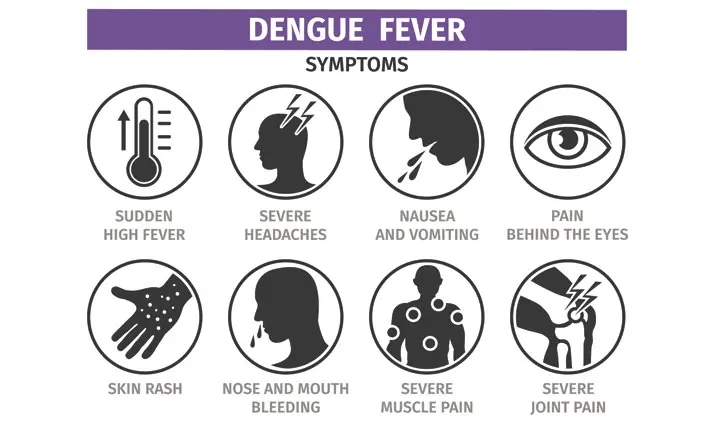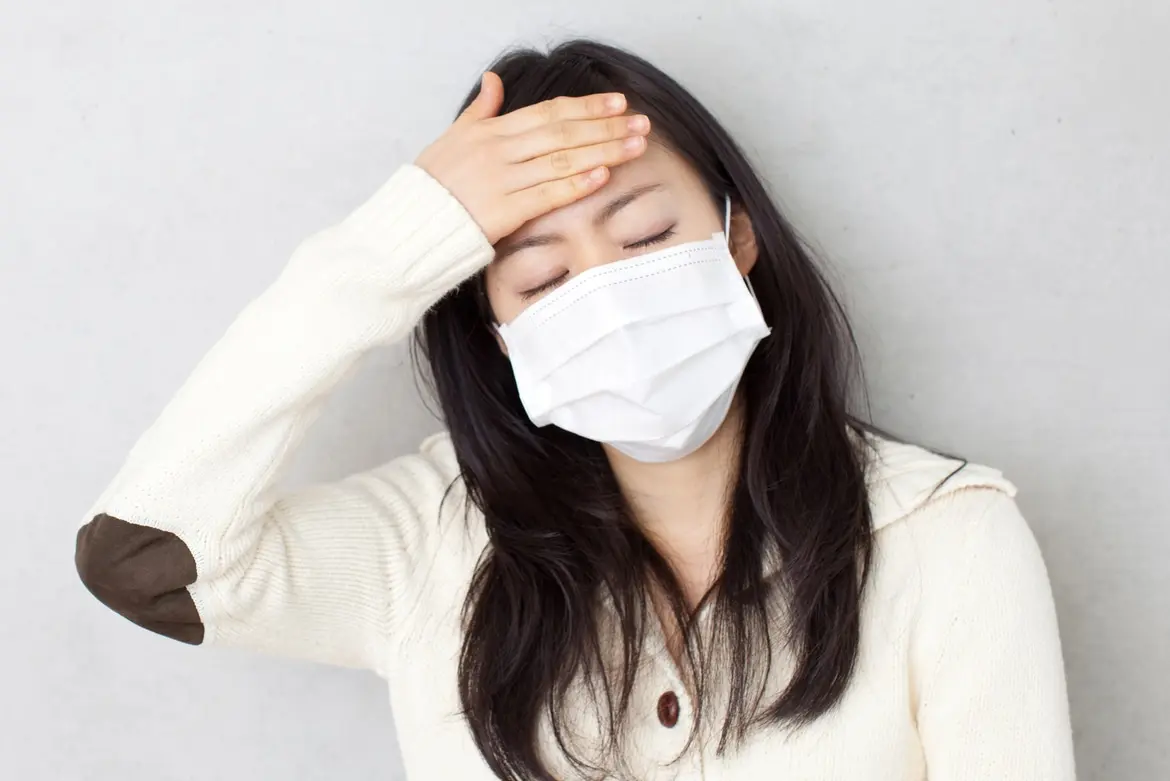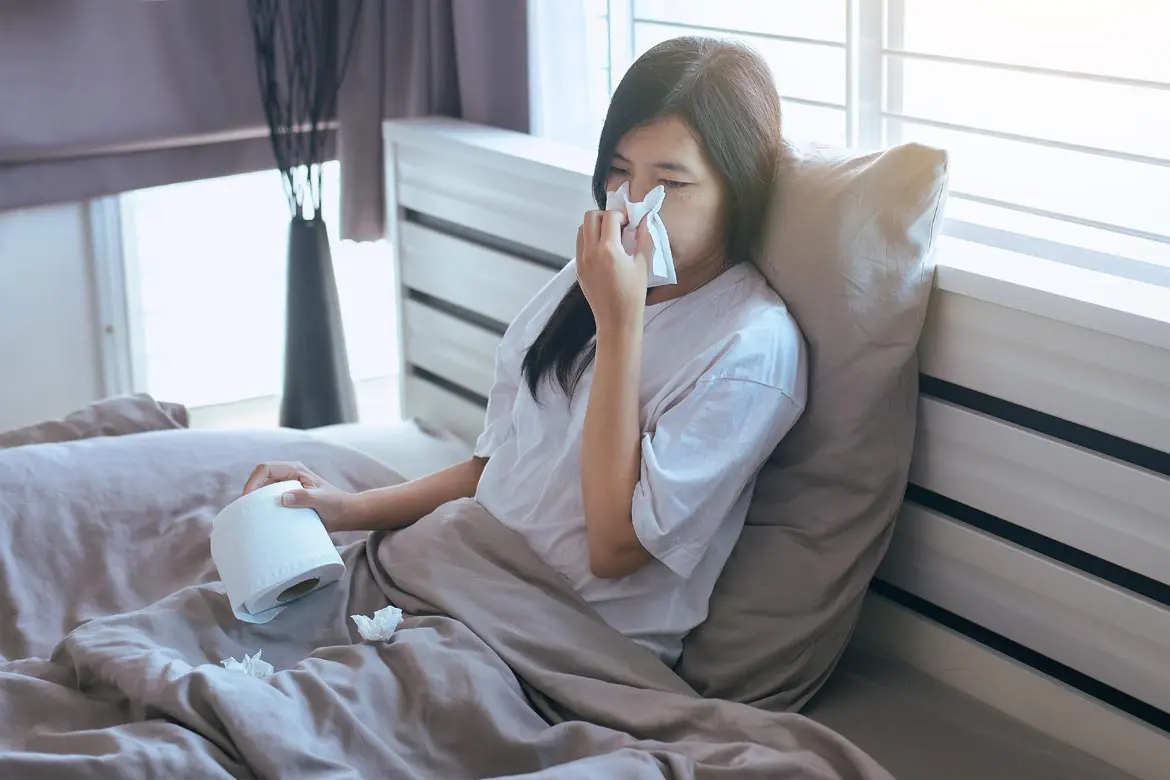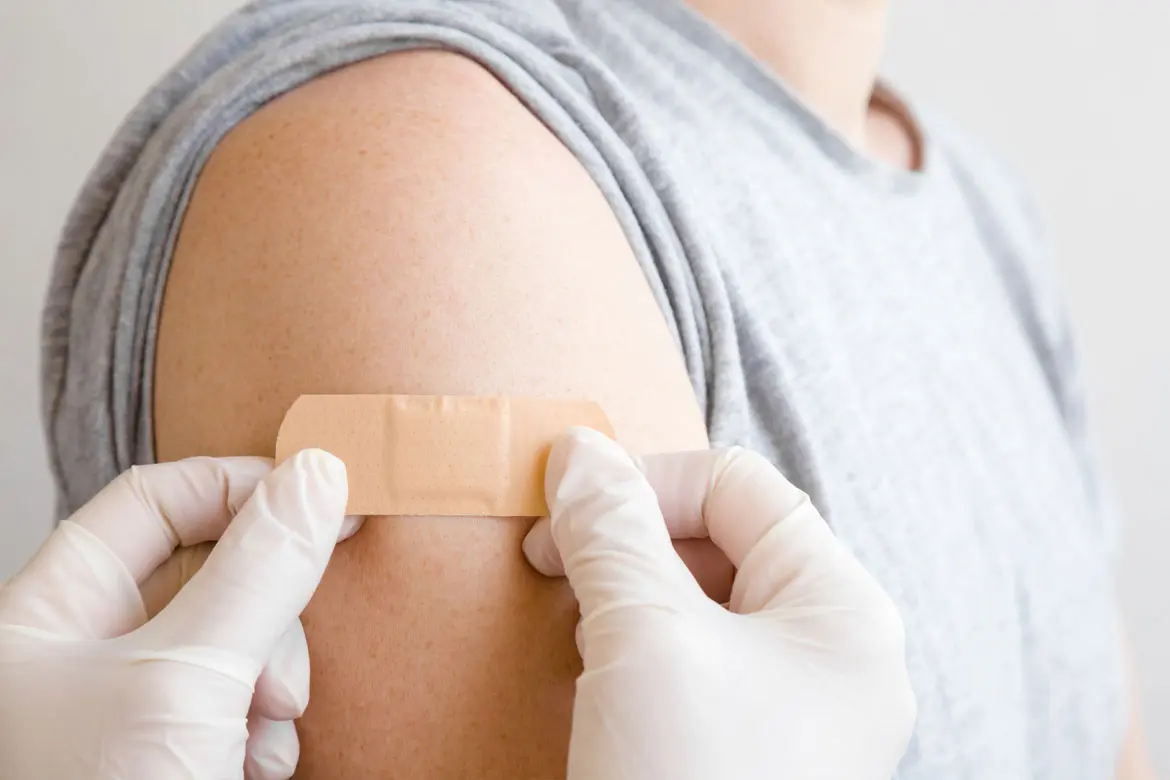2020 was a historic dengue outbreak year for Singapore, and dengue cases have been rising since the beginning of 2022. This surge has been attributed to an increasing Aedes aegypti mosquito population, work-from-home arrangements, and in another historical event – the spread of less common strains of the dengue virus around Singapore. According to the National Environment Agency (NEA), these lesser-known strains – DenV-3 and DenV-4 – accounted for over half of the dengue cases locally sampled from February 2021.
What are DenV-3 and DenV-4?
DenV-3 and DenV-4 are less common strains of dengue fever recorded in Singapore’s history, compared to the more dominant DenV-1 and DenV-2. According to the NEA, DenV-3 has not been prevalent since about three decades ago, and the incidence of DenV-4 has been consistently low. However, in 2021, Singapore saw the first DenV-3 outbreak in 40 years, and a four-fold spike in DenV-4 cases. Collectively, they accounted for more than half of the dengue cases sampled since February 2021. This is a cause for concern, especially since low immunity among the population for these two strains causes people to be more susceptible to transmission of the virus.
Symptoms, and When to Consult a Doctor
The symptoms for all four strains of dengue are similar, but the community’s response and immunity to each strain may differ. For example, some of us in Singapore may have some form of “herd immunity” against the DenV-1 and DenV-2 strains, but are more vulnerable against DenV-3 and DenV-4.
Symptoms of dengue fever typically appear 4 – 7 days after being bitten. They include the following:
- Joint and muscle pain
- Mild bleeding (e.g. nose or gum bleed)
- Nausea and vomiting
- Sudden onset of fever, which lasts for 2 – 7 days
- Severe headache with pain behind the eyes
- Skin rashes
Consult a doctor immediately if you suspect you have dengue fever. Look out for signs of severe dengue fever which include:
- Severe abdominal pain
- Persistent vomiting
- Bleeding gums
- Vomiting blood
- Rapid breathing
- Fatigue or restlessness
Severe dengue takes place when your blood vessels become damaged and leaky. When this happens, the number of clot-forming cells (platelets) in the bloodstream drops. This can lead to shock, internal bleeding, organ failure or even death.
Precautions and Prevention of Dengue
While there is no cure for dengue, it can be prevented. Many of the precautions you can take involve making adjustments to your home and lifestyle. This is especially essential in a time when many of us are working from home amidst the COVID-19 pandemic.
Safeguard your home against mosquitoes with these tips:
- Apply mosquito repellent, even at home.
- Spray insecticide in dark corners of your home.
- Wear long-sleeved shirts and trousers when outdoors.
- Ensure that all windows and door screens are secure and free of holes.
- Use mosquito nets if sleeping areas are not screened.
- Get rid of stagnant water at home.
- Change water in vases/bowls on alternate days.
- Turn over all water storage containers.
- Remove water from flowerpot plates on alternate days.
- Cover bamboo pole holders when not in use.
Stay Safe, See a Doctor if You Have Symptoms
Dengue infections in the community are set to rise due to our low population immunity against the new strains of dengue fever. Taking necessary precautions is thus key to staying safe. It is important to note that severe cases of dengue fever, when left untreated, can be life-threatening. As such, do seek medical help if you develop any warning signs of dengue fever that keeps worsening.













